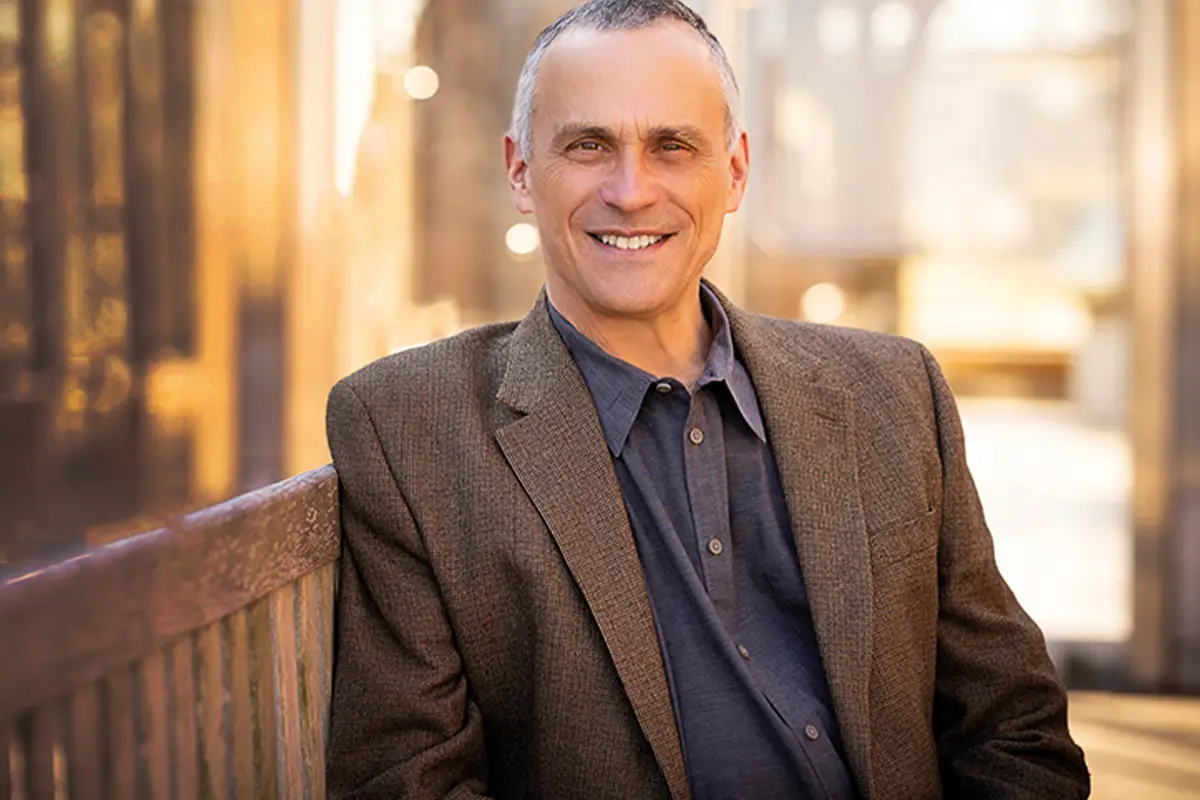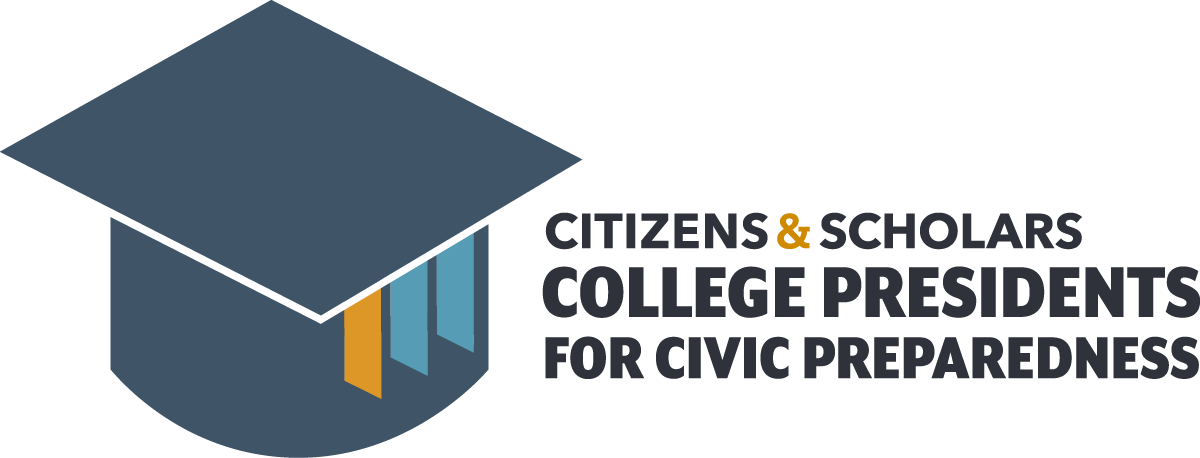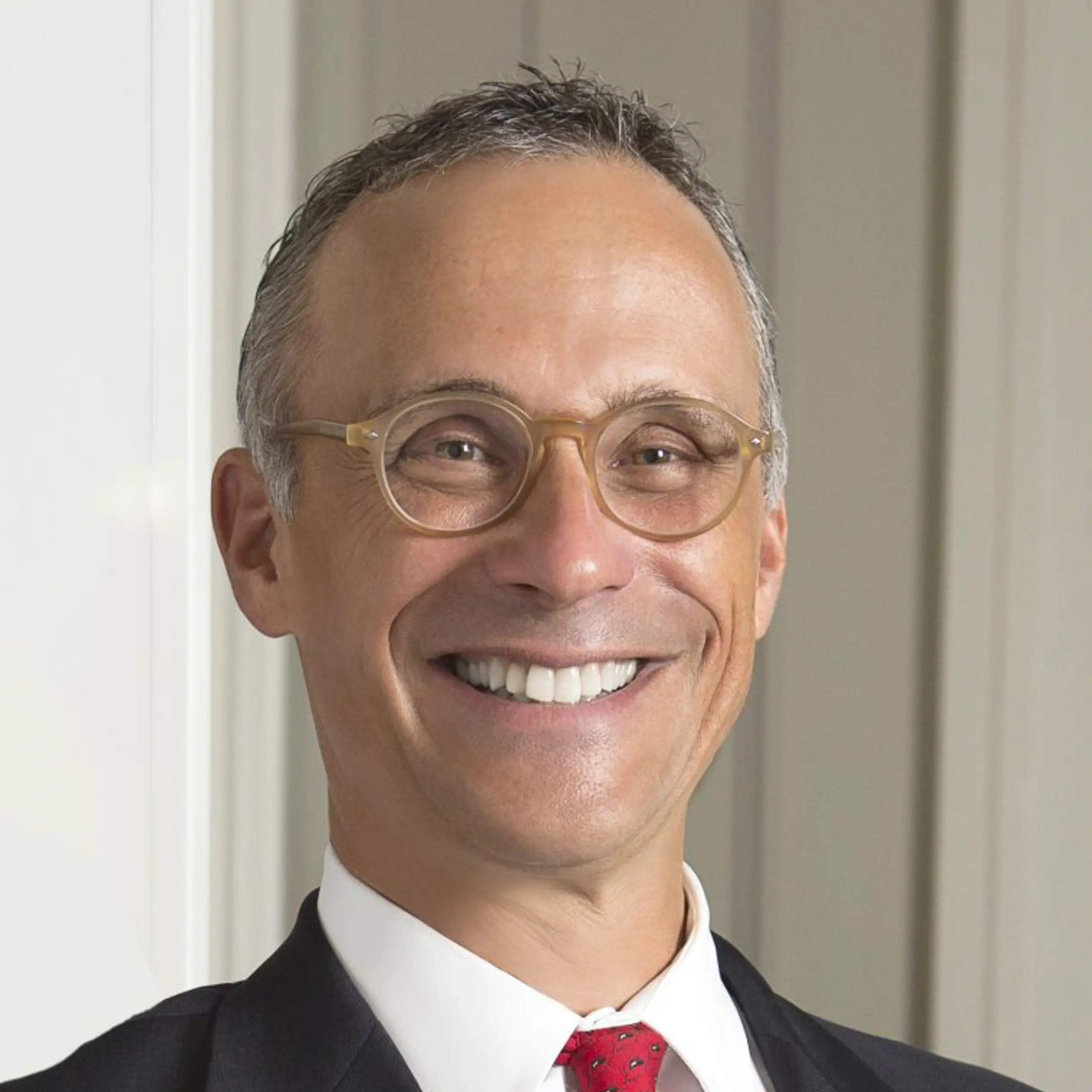Strong Students Make Better Teachers, And Both Create Better Citizens

When Rajiv Vinnakota and I connected about the Institute for Citizens and Scholars’ interest in promoting civic education and civic engagement in higher ed, I couldn’t have been more pleased. For many years I’ve worked with colleagues and students to connect work in the public sphere with academic research, and in 2019 at Wesleyan we developed a network of schools committed to three basic principles:
- Developing civic preparedness is a core element of the mission of American higher education.
- Participating in American political life helps students learn from a diversity of ideas and people while developing skills for lifelong, active citizenship.
- Empowering students and teachers to engage with the complex issues facing the country are crucial facets of higher education’s contributions to the common good.
The Institute for Citizens and Scholars shares these ideals and the campus call for presidents to promote civics literacy and political participation is a great step forward in helping our higher education institutions make a deeper contribution to public life.
Strong students make better teachers, and both help create better citizens. I have had the good fortune of working with students whose seriousness and joy, playfulness, and purpose have illuminated for me the very subjects I was trained to teach. Working with students has also made me more attentive to the concerns of others. By exploring the complexities of the world, students and teachers practice making connections that are intellectual and effective. And today, when parochialism is encouraged under the guise of solidarity, it’s more important than ever for schools, colleges, and universities to promote citizenship by helping students increase their powers of aversive thinking, critical feeling, and of the sympathetic imagination.
Teachers can help students get to a place where it is more likely that they’ll find modes of feeling and thinking with which they are at home and which they can share with others. Part of being free, part of political participation, and of leaving one’s childish immaturity behind, is finding that new home (and not getting stuck in it).
Long after official graduations, many students remain enormously grateful to the gifted educators who opened possibilities of inquiry and appreciation that might otherwise have never been discovered — teachers who also recognized the right time to inspire and the right time to get out of the way. It’s not just that teachers know subjects that the student aspires to understand; it’s also that through their own advanced studies, they have developed habits of paying attention, analysis, and openness that students want for themselves.
Political education is the opposite of political indoctrination. It prepares one to attend to matters of genuine importance, to make sense of complex data from various sources of information, and to be open to perspectives different from one’s own. At Wesleyan we have long supported programming around ideas of free expression, talks on the Constitution, and a myriad of workshops on race and gender issues. We have offered mini-grants to help students travel to work on campaigns, and we have offered research and practical opportunities on a variety of public issues: from media, advertising, and elections (the Wesleyan Media Project) to incarceration (Wesleyan Center for Prison Education). We believe that the value of a liberal education is revealed in the work students do beyond the university, and the political sphere is vital in this regard.
When we work with others, when we are open to learning from them across our differences, we feel the power and promise of our education. Politics today arouses great cynicism, but it doesn’t have to be that way. Our students are learning how to make a positive difference, improving their own lives by contributing to the improvement of the communities to which they belong.

